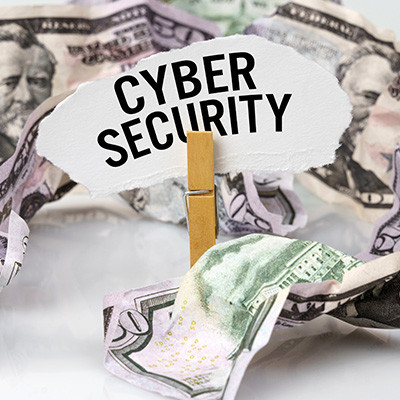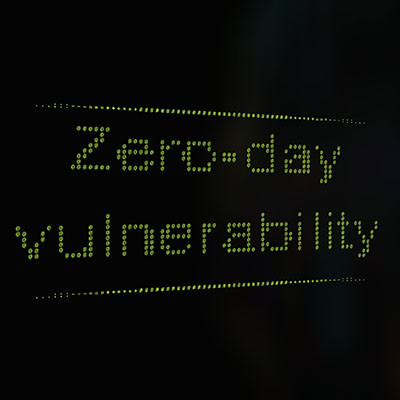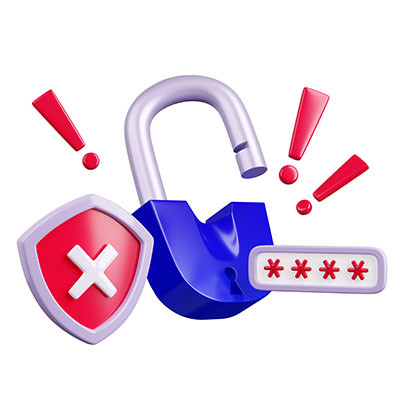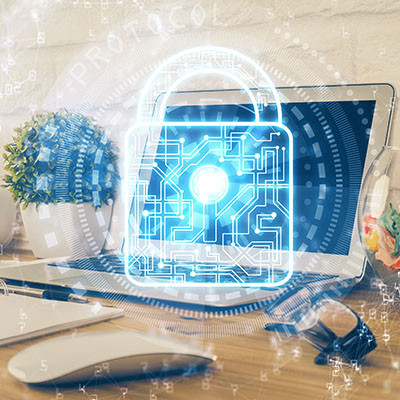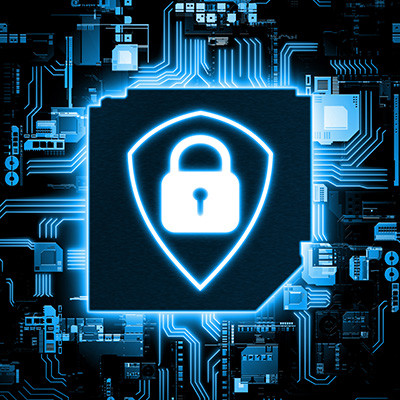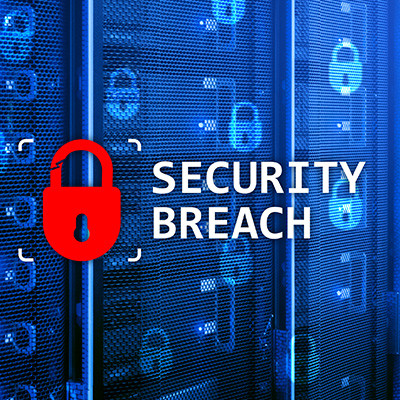There are countless threats out there that can leave your business in a worse state than before, including viruses and malware, ransomware, data breaches, and other types of phishing attacks. It’s hard to go about your day without worrying about these types of threats, especially in today’s connected business world. However, the ones you need to watch out for most of all are the ones that are so personal you’d never expect them.
ImageSys LLC Blog
It’s more important than ever to know just how much your business currently spends (and should plan to spend) on cybersecurity, both of which can be addressed by understanding the goal of cybersecurity protections and how they affect your company’s defenses. Let’s consider how much you should spend on cybersecurity, as well as what protections that spending can afford.
Hackers and scammers are everywhere and are continuously littering your business with situations that could put its operations in jeopardy. One of the most hacked industries is healthcare, as hackers make a point at going after patient information. Let’s go through some of the reasons why hackers find health data so attractive.
Cybersecurity is a complicated beast. Not only do you have to be sure that you’re protected from threats coming from outside your business, there are also a few very real threats that can originate from inside your business, too. Both are critical to prevent, which can be quite effectively accomplished via a zero trust approach to your security.
What happens when the tools designed to keep organizations safe from network breaches, are the victim of a cyberattack? After all, these tools are just applications, albeit sophisticated pieces of security software, they can run the risk of being exploited much in the same way any other software is. This is exactly what happened to cybersecurity giant Barracuda as it was the victim of a zero-day exploit. Let’s take a look at the hack and how you can protect your business from sharing the same fate.
A modern network, when properly configured and protected with modern cybersecurity tools, can be extremely secure. Since that’s been the trend for some organizations over the years, hackers have been looking for ways around the security many businesses have in place. If hackers can’t break in through normal means, they will turn to other, more insidious methods, like phishing attacks, to get what they are after.
Google is rolling out client-side encryption to Gmail and Calendar, which will allow users to create meeting events as well as send and receive emails that have been encrypted before being sent to Google servers. Client-side encryption will be available to organizations with Google Workspace Enterprise Plus, Education Standard, and Education Plus plans. All other types of Google Workspace accounts and personal Gmail accounts will not get client-side encryption.
The Federal Trade Commission has developed their Safeguards Rule for one purpose: To set up a guideline on how to interact, store, and use customer information. The FTC enacted the Rule in 2003, but it was heavily amended in 2021 to ensure that it keeps up with the technology used by businesses today. It outlines the policies and procedures that all covered companies need to enact.
For the growing business, doing the right things to secure your network and data is a constantly evolving situation. For larger businesses, they tend to approach the situation with a different perspective. They plan out the whole process. This is what is called enterprise security. Let’s take a look at what enterprise security entails and how the little guy can benefit from doing things like larger companies do them.
Cybersecurity has gradually become more and more of a focus for modern businesses as threats to their data and general operations have mounted over time. This means that businesses need to approach their security with a multifaceted strategy, involving a combination of the right tools and IT support and the training to use them. Let’s take a few moments to dive into security training and why it is so critical.
Most businesses leverage the cloud in at least some capacity, whether cloud-based apps or cloud-based infrastructure. In any case, using the cloud comes with inherent security questions that must be addressed during the planning, implementation, and launch phases of any solution. Let’s go over some of the ways you might protect data and applications stored in the cloud.
Wearable technology is all over the place in your office, whether you realize it or not. Consider how many of your employees wear smartwatches or health trackers. All of these devices tend to enrich the lives of those who use them, but they can quickly become network security risks if you aren’t prepared to handle them on your company network. Let’s go over what you need to consider to protect your business from wearable technology.
Phishing is a word that has a couple of different meanings, depending on the spelling and context. Fishing, like the act of sitting down with a pole and trying to catch a fish, can be a relaxing, leisurely activity. Phishing, with a “ph,” is anything but that, and it can be a tiring and scary situation to navigate—particularly if you or one of your employees have fallen victim to an attack.
Is your business prepared to handle the many challenges that come from remote work, chief among them security? If you aren’t, then the transition to remote or hybrid operations is going to be a rough one, to say the least. Let’s discuss how you can implement secure remote or hybrid work policies that are sure to protect your business now and in the future.
Phishing is a pressing issue for everyone, not just businesses. The main problem is that the phishing messages keep getting more and more sophisticated and keep coming and coming until, eventually, something negative happens. For this week’s tip, we wanted to discuss the different types of phishing you can encounter.
Admit it, you don’t know all that much about cybersecurity. In this blog, we spend a lot of time discussing security issues. After all, today there are more threats than ever and many different types of problems that IT administrators, business decision-makers, and even individual employees have to deal with. Over the next two weeks, we have decided to discuss the reality of cybersecurity and what you need to know to get out in front of it.
We make a consistent point to urge our readers to take their organizational cybersecurity seriously. This is because there are threats out there that are targeting your business, no matter how small it is. This week, we take a break from the itemized list of security tips to present 2022’s most devastating cyberattacks to give you an idea what hackers today can do.



